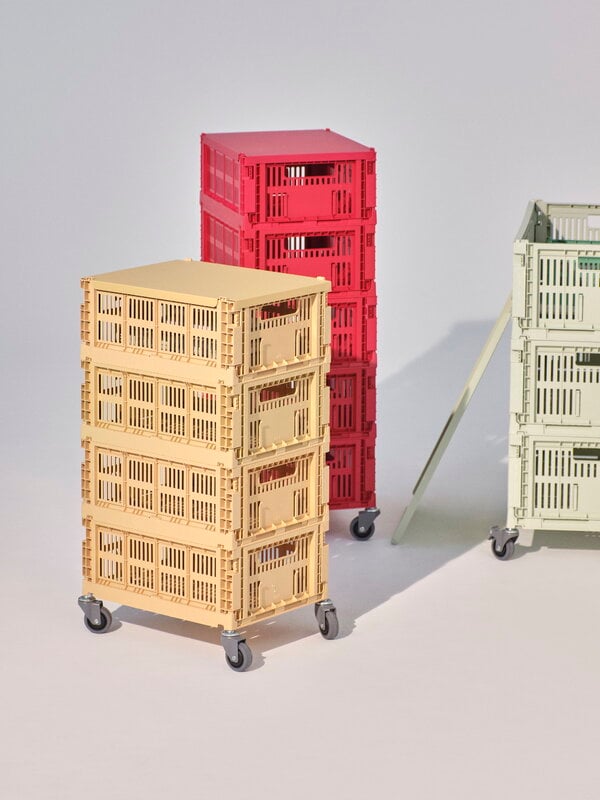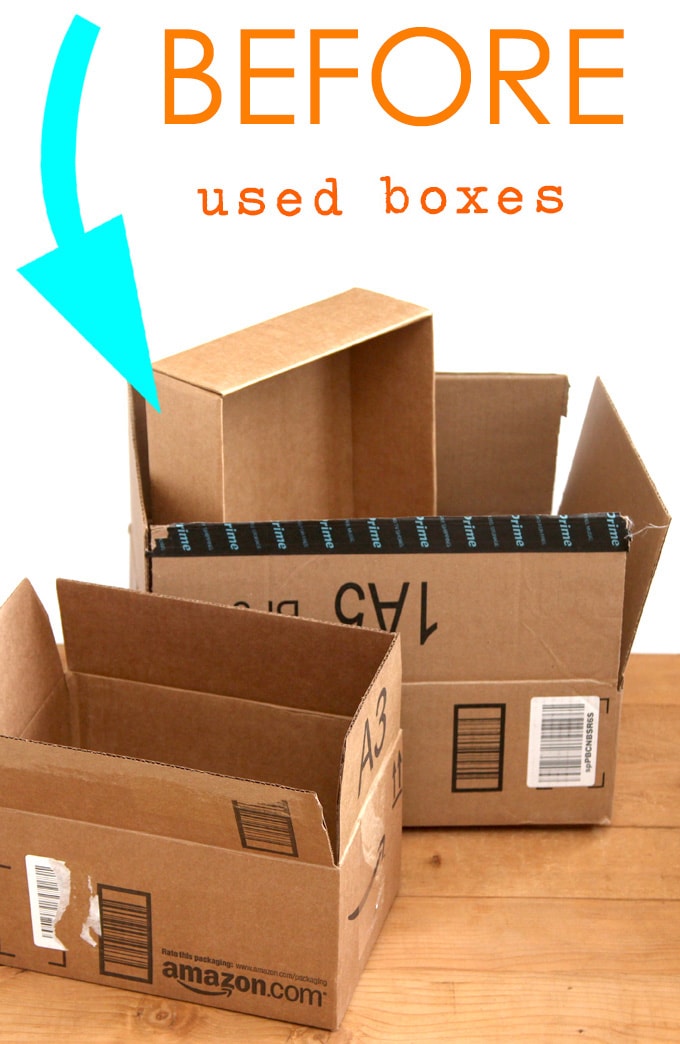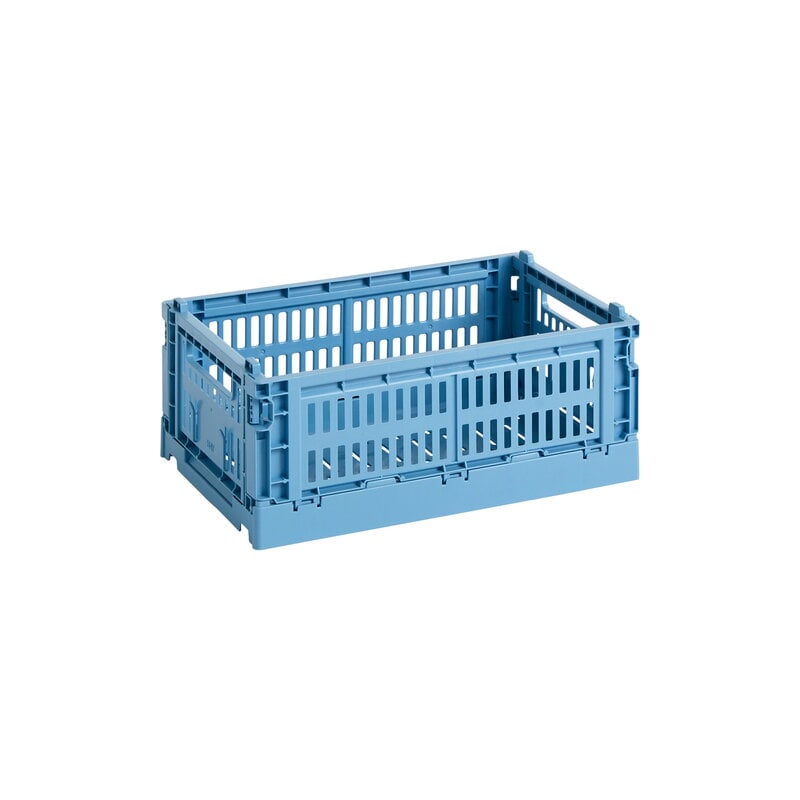Reduce Waste and Save Prices With Used Plastic Containers for Recycling
One opportunity that business are significantly exploring is the use of used plastic containers for recycling. The capacity of repurposing plastic containers goes far beyond just waste reduction; it presents an engaging possibility for services to align their functional methods with a much more sustainable future.
Ecological Benefits of Reusing Containers
Reusing plastic containers dramatically minimizes waste and adds to environmental sustainability by reducing the demand for brand-new plastic manufacturing. By extending the lifespan of plastic containers via reuse, fewer sources are required for manufacturing, which in turn leads to reduce power usage and greenhouse gas emissions related to production procedures. Additionally, recycling plastic containers helps divert them from landfills or incineration, reducing the ecological influence of plastic garbage disposal.
This technique likewise plays an essential role in conserving natural deposits like oil, which is a primary part in plastic production. By recycling containers, less virgin plastic needs to be made, ultimately protecting useful nonrenewable fuel source books. Furthermore, recycling plastic containers promotes the idea of a round economic situation, where materials are kept in use for as long as feasible, lowering the general ecological impact of plastic packaging. Overall, the environmental advantages of recycling plastic containers are substantial and align with sustainable waste management techniques.

Price Cost Savings Through Reusing Efforts
Executing reusing initiatives for utilized plastic containers can cause significant expense financial savings for services and areas alike. By incorporating an organized recycling program, organizations can lower expenses related to acquiring brand-new containers while additionally decreasing garbage disposal expenses. Reusing plastic containers through reusing campaigns eliminates the requirement for constant substitutes, leading to long-lasting cost savings on purchase expenditures. Furthermore, reusing decreases the quantity of waste sent out to garbage dumps, thereby lowering landfill costs and potential penalties for surpassing waste limitations.
Price financial savings expand past procurement and waste administration, as recycling used plastic containers can likewise contribute to a positive brand picture. Customers are increasingly preferring eco-conscious companies, and showcasing a dedication to sustainability through reusing initiatives can enhance a firm's track record and attract ecologically conscious clients. Additionally, some areas supply motivations or tax benefits for companies that actively take part in reusing programs, supplying added cost-saving chances. Inevitably, purchasing reusing campaigns for plastic containers not just profits the atmosphere but additionally supplies tangible financial benefits for companies and areas.
Tips for Appropriately Cleaning Used Containers


Vacant and Rinse: Prior to reusing, empty the containers of any type of continuing to be food or fluids. Rinse them with water to remove deposit and protect against smells.
Usage Hot Water and Soap: Clean containers with warm water and soap. This helps to remove oil, oils, and stubborn food particles. Consider using a container brush for hard-to-reach locations.
Prevent Harsh Chemicals: While it is essential to tidy completely, avoid making use of rough chemicals that may infect the plastic. Stay with moderate meal soap to make sure the containers continue to be risk-free for recycling.
Air Dry: After washing, allow the containers to air dry completely before storing or recycling them. This aids stop the growth of mold and bacteria.
Creative Ways to Repurpose Plastic Product Packaging
Repurposing plastic packaging uses innovative options for extending the life expectancy of products and minimizing waste. Instead of discarding plastic product packaging after its preliminary usage, visit our website organizations and individuals can explore different imaginative ways to provide these products a new objective. One functional method is to use plastic containers as storage solutions for organizing little items such as craft materials, equipment, or workplace devices - used bulk plastic containers. By repurposing plastic packaging in this fashion, not just are the containers shut out of garbage dumps, but they likewise serve a useful duty in maintaining an orderly area.
Another innovative means to repurpose plastic product packaging is by changing it right into planters for little herbs or interior plants. With a couple of drainage openings included to the bottom, plastic containers can be easily upcycled right into pots for plant, adding a touch of sustainability to home design. Additionally, plastic packaging can be utilized in arts and crafts jobs, acting as product for producing distinct sculptures, organizers, or also precious jewelry. By believing creatively about the possible uses plastic product packaging, individuals can add to minimizing waste while taking part in functional and eco-friendly practices.
Neighborhood Impact of Recycling Programs
The technique of creatively repurposing plastic packaging not just cultivates sustainability on an individual degree yet likewise plays a considerable duty fit the neighborhood impact of reusing programs. They add to a cleaner environment and a much more lasting future when areas accept recycling campaigns that consist of the reuse of plastic containers. By motivating locals to participate in reusing programs that include repurposing used plastic containers, areas can reduce the amount of waste sent to landfills, conserve resources, and lessen their carbon impact.
In addition, the community influence of recycling programs extends beyond ecological advantages. It promotes a sense of collective obligation and a common commitment to preserving the world for future generations. Reusing efforts that use used plastic containers can additionally develop possibilities for community collaboration, engagement, and education and learning. As individuals come with each other to support recycling initiatives, they not just add to a healthier environment yet additionally reinforce the social material of their neighborhood. Eventually, recycling programs that integrate the repurposing of plastic packaging have the potential to influence positive modification and promote a more sustainable way of living.

Conclusion
In final thought, utilizing see this made use of plastic containers for recycling deals ecological advantages by lowering waste and conserving sources. Correctly cleaning and repurposing plastic product packaging can additionally prolong the life-span of these containers.
One avenue that firms are increasingly discovering is the usage of made use of plastic containers for recycling.Recycling plastic containers significantly reduces waste and contributes to ecological sustainability by decreasing the need for brand-new plastic manufacturing. In addition, recycling plastic containers helps divert them from landfills or incineration, minimizing the environmental impact of plastic waste disposal.
Reusing plastic containers promotes the concept of a round economic climate, where products are kept in use for as lengthy as feasible, lowering the general environmental footprint of plastic product packaging. By urging residents to take part in reusing programs that involve repurposing used plastic containers, neighborhoods Web Site can minimize the amount of waste sent to garbage dumps, save resources, and reduce their carbon footprint.